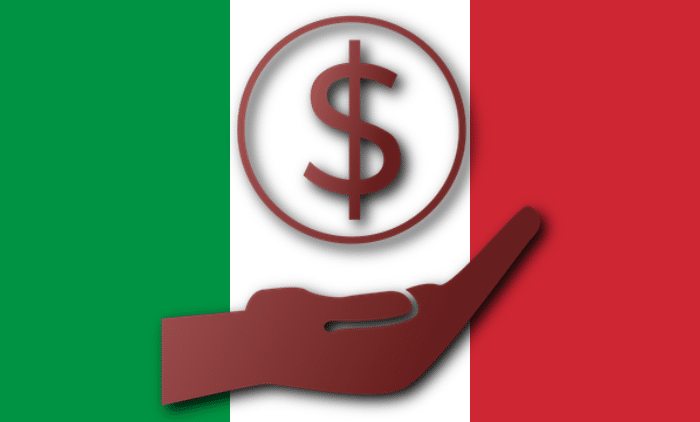Chinese growth beats expectations. The (low-cost) export boom scares the West
[ad_1]
BEIJING – China beats expectations, driven by investments in the manufacturing sector and exports, to compensate for the internal decline in consumption and a crisis in the real estate sector that shows no signs of improving. A strategy, that of Xi Jinping to revive the economy, which alarms Americans and Europeans: worried about being invaded from low-cost Chinese products. Concerns expressed last week by Secretary to US Treasury Janet Yellen and, now, by the German Chancellor Olaf Scholz on the final leg of his visit here to China, his main trading partner.
Growth at 5.3% in the first quarter
In the first three months of 2024, Chinese GDP grew by 5.3% compared to the same period of the previous year, more than the 4.6-4.8% expected by analysts. Xi is focusing on the high technology and green energy sectors (solar panels, electric cars): the “new productive forces” that he intends to exploit to pull the Dragon out of the quagmire and dominate a growing share of global production. Looking at the data, the strategy is working. Industrial production grew by 6.1% in the first quarter, investments in fixed capital by 4.5%, investment in the manufacturing sector increased by 9.9% while investments in infrastructure increased by 6.5%.
Exports in the first quarter marked +1.5% compared to the same period of the previous year, if measured in dollar terms, but by more than 4% in volume, due to the drop in prices of Chinese goods on global markets: that is, what worries Americans and Europeans. Not all the latest Chinese economic data is rosy, however: much of the rebound occurred in the first two months of the year, while March data signals declines. Retail sales, for example, increased at a modest pace of 4.7% and were weak in March. Investments in real estate projects fell by 9.5%.
Evidence of détente between Washington and Beijing: “Progress if we communicate directly”
by our correspondent Gianluca Modolo

Scholz’s visit
Xi welcomed the German Chancellor Scholz granting him the honor of a walk among the villas and ponds of the Diaoyutai residence: Beijing was keen to emphasize a pleasant and friendly atmosphere. Scholz is in China to convey a delicate message: if Beijing does not heed European warnings to put an end to discriminatory business practices, Brussels will have no choice but to tighten trade defense mechanisms. But the Chinese leader seems not to care and defends his strategy. “China’s exports of electric vehicles, batteries and solar panels have enriched global market supplies and eased inflationary pressure, as well as making a great contribution to global efforts to address climate change and the green transition.” He responds to Western criticism of excess capacity – which has led to the threat of new trade barriers – by saying that China and Germany should look at the issue “objectively” and approach it from a market perspective. Finally, warning against excessive protectionism. “Our cooperation is not a risk.”
Rome gets closer to Beijing: “Europe should not be aggressive about tariffs”
by our correspondent Filippo Santelli

Scholz walks a thin line. Germany’s commitment to doing business with China (proof of this is the large delegation of entrepreneurs traveling with him, such as the executives of Siemens, BMW, Mercedes) while identifying dumping, overproduction and copyright infringement as the main areas of concern. “Competition must be fair,” he said Monday in Shanghai while meeting a group of university students.
There was also space between the two to discuss Ukraine (“efforts to reach a peaceful solution, convene an international peace conference recognized by both Moscow and Kiev,” says Xi) and Middle East (support a rapid solution to the Palestinian issue on the basis of the two-state solution”) even if Beijing has not deviated from the declarations of principle already made in recent months.
[ad_2]
Source link



